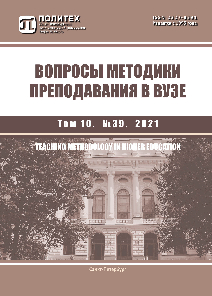Comprehensive approach to translators training
The article considers theoretical foundation of translation process and legal grounds that define requirements to translators training. Reforms in higher education system and rapidly changing economic and foreign-policy conditions have affected the training process in translation field to a great extent. As a result, employers point out decreasing quality of university graduates competences. International norms and standards provide for translation to mother tongue only, but the market requirements make specialists translate to foreign languages as well. It imposes additional requirements to the level of translators training given that science, medicine, law, and technologies are highly sensitive to translation mistakes. Translators should be aware about negative aspects of their professional activities that may result in linguistic and cultural mistranslation in order to avoid grave mistakes, improve their feeling for language, and acquire necessary background and specialized knowledge and skills. Translators' success is determined by their reading comprehension ability, knowledge of the subject, sensitivity to language, and competence to express themselves in the target language clearly. Necessary linguistic and extra-linguistic competences are considered separately, and it is pointed out that mastering a foreign language or languages at a high level is not sufficient for performing translation professionally. Taking into account specific requirements to translators training, a new model that implies a comprehensive approach to translators training and a multistage process covering all stages from vocational guidance to mentorship was presented.



